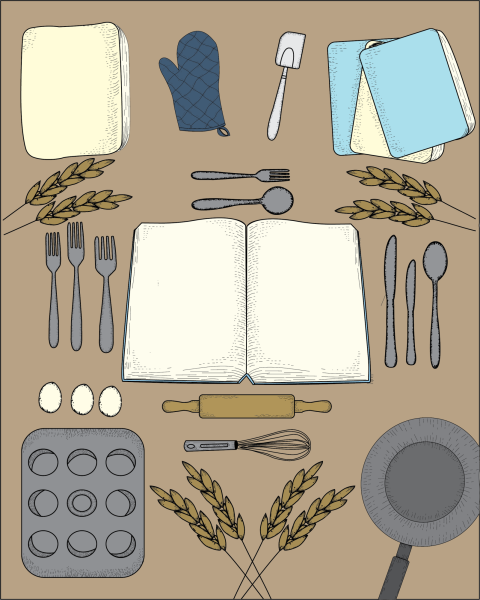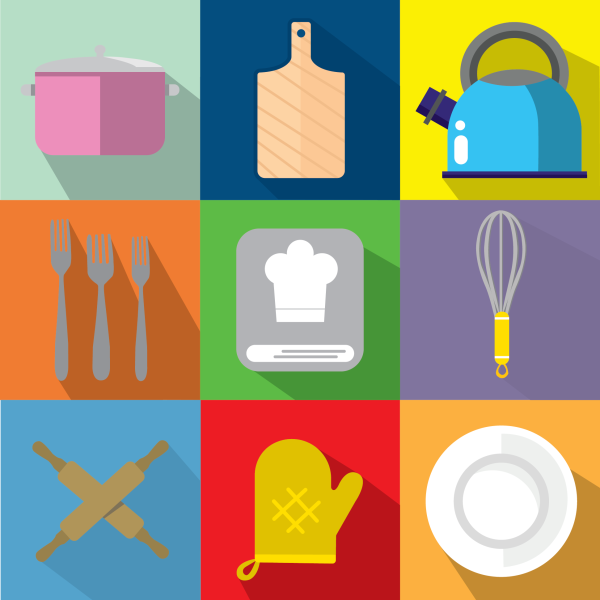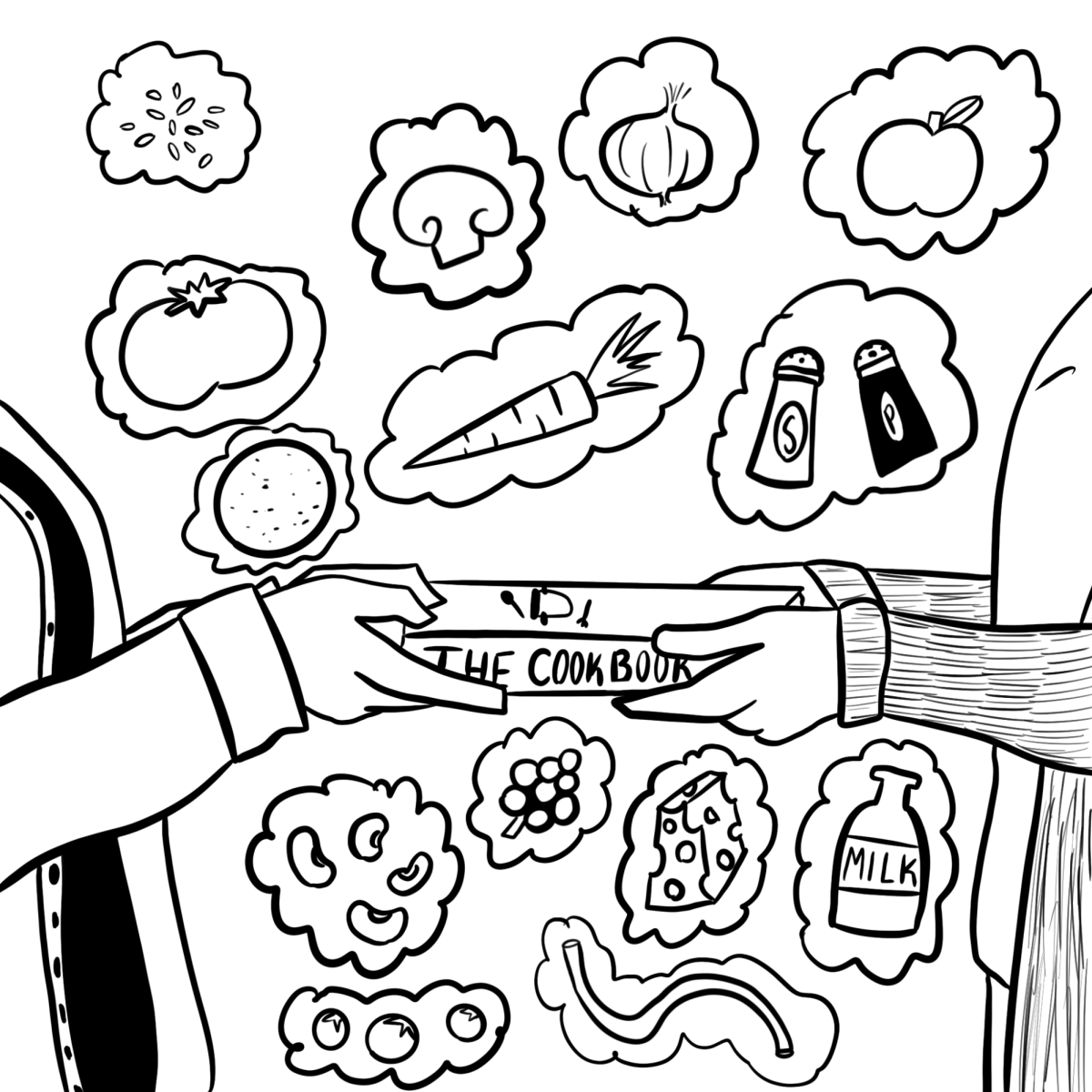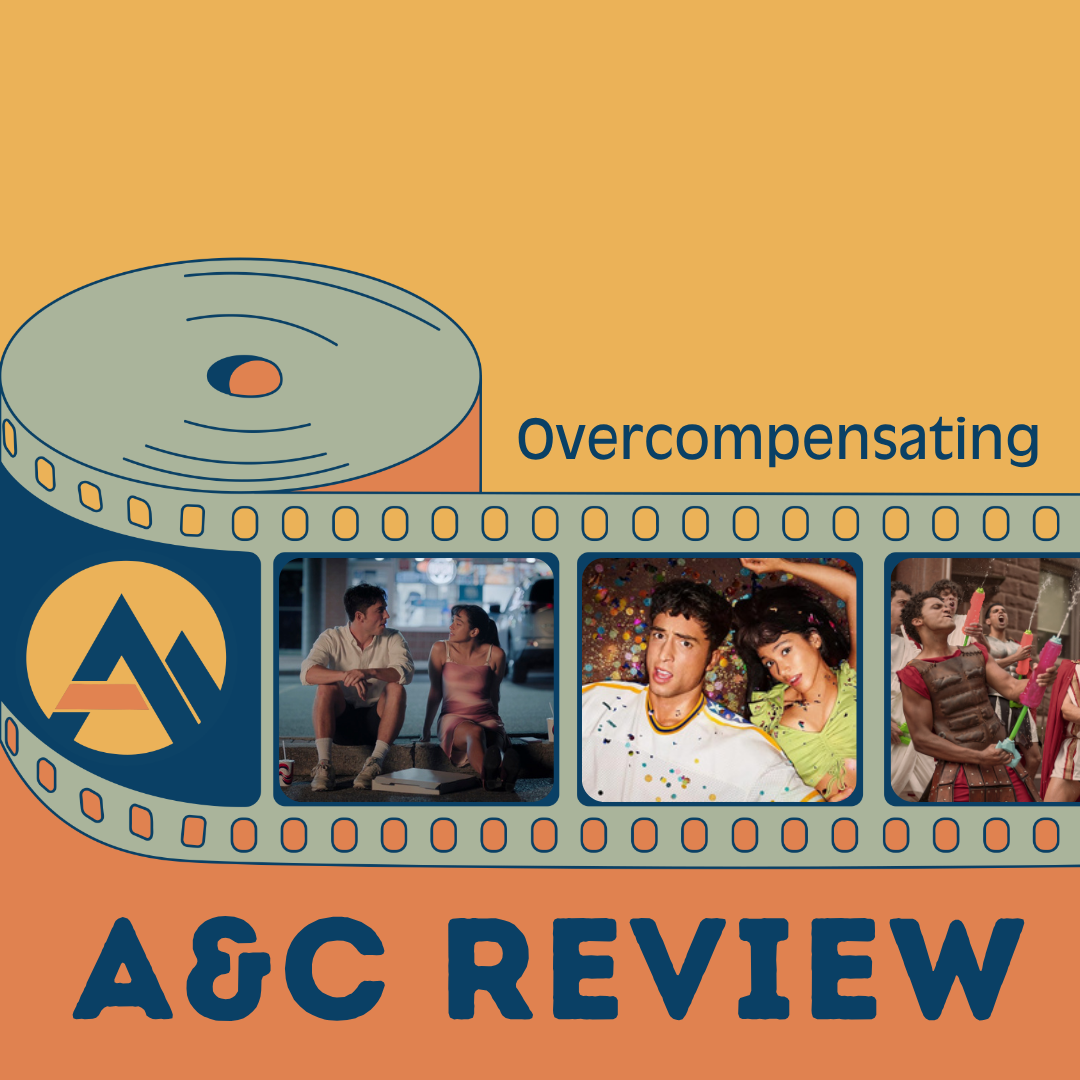The Appalachian region, spanning 13 states, is rich with culture, tourist attractions and small towns scattered along the mountain range. Roughly 26 million people reside in Appalachia, according to the Appalachian Regional Commission, including the entire population of Boone.
Of these 26 million people, 3.9 million, nearly 15% live at or below the poverty line, and the majority of these individuals are between the ages of 18-24, according to the commission.
App State is not exempt from these statistics; two out of three App State students faced food insecurity as of 2018, according to Appalachian Today. One campus club is doing its part to help minimize this food insecurity at the university.
The Appalachian Student Dietetics Association has put together a recipe book that will be placed in all food pantries across campus. They began working on the recipes over the summer, and plan to begin rolling the book out in the next few months.
Matthew Arnold, a senior dietetics major and the president of ASDA, said he had the idea to make a recipe book while talking to other executive board members for the club.
 “It was a collective idea that we should do something to have an impact on the student community, so I thought of a recipe book,” Arnold said.
“It was a collective idea that we should do something to have an impact on the student community, so I thought of a recipe book,” Arnold said.
The club, which consists of eight different committees, does volunteer work in and around Boone to help educate people about nutrition and resources for food insecurity. Each committee focuses on a different area of nutritional needs, ranging from geriatrics to disordered eating recovery to sports nutrition.
Selena Linn, a senior dietetics major, is the treasurer and the local outreach chair for the club. She said their primary focus is helping people in the community find the resources and education they need to ensure they get the fuel their body requires.
“We do a lot of things with the farmers market, the Hunger and Health Coalition, and the Hospitality House to help the community at large, but we wanted to do something to specifically help the students at App,” Linn said.
The ASDA is working with campus dining to create and distribute the recipe book throughout campus. The book is digital, and tablets containing the recipes will be placed in food pantries. There will also be QR codes that students can scan to take the recipes home.
Arnold said they opted for an electronic version of the book to reduce the stigma around going to a food pantry.
“There is a lot of stigma towards people who seek help in regards to food security and food insecurity, so we tried to minimize that by creating a QR code for those not comfortable with visiting the pantry,” Arnold said.
The vice president of the association, Mikayla McKean, is also a senior dietetics major. She said there is an identified need for the cookbook on campus.
“There are still a lot of students who will skip meals because they can’t afford to buy food or they don’t have access to it, and many students don’t have transportation,” McKean said. “There are so many roadblocks.”
The recipe book will contain recipes that can be made with the food provided in the pantries and will have different sections for individuals with differing nutritional needs. Arnold said there are plenty of products in the campus food pantries that go to waste simply because people don’t know what to do with them.
“The focus of the book is kinda just what is popular in a food pantry. So we’re looking at what is excess and putting those ingredients into a recipe so they aren’t wasted,” Arnold said.
Arnold said there are several products in the pantries across campus that people tend to dislike, such as beans or legumes.
“We try to mask an ingredient that people wouldn’t typically want to try on their own, and put them in a recipe where they might not even know it’s there,” Arnold said. “We’re trying to add nutritionally dense foods and place them in recipes that need them.” 
McKean said the club plans to release the recipe book to the broader Boone community next year, but they wanted to focus on the student population first.
“We wanted to streamline the process of finding food for students on campus, but we understand the need for this in the broader community of Boone, so we hope to expand beyond campus in the next year,” she said.
Arnold said having the recipe book on campus is a small stepping stone to helping individuals throughout the region, and the club hopes to expand access to the recipes throughout Watauga County.
For more information on food insecurity at App State and available resources for students facing food insecurity, visit the Mountaineer Food Hub webpage.







